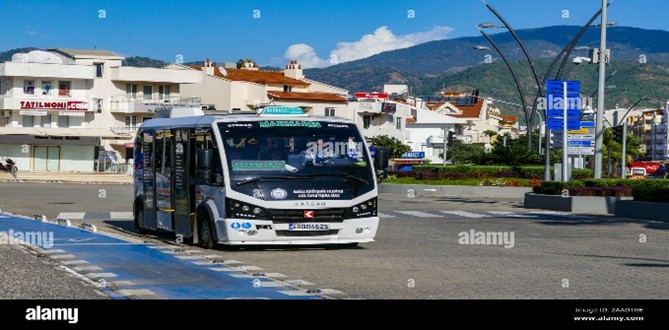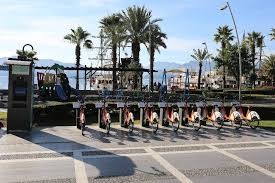Sustainable Practices
We are an Environmentally Sensitive Hotel
Energy Management
- Our hotel’s energy is provided by renewable sources (solar).
- Motion sensor lighting and energy-saving appliances are used in all rooms.
- Energy consumption is regularly monitored and reported, and a reduction plan is implemented by calculating the carbon footprint.

Water Management
- Water saving systems are integrated in shower heads and taps .
- Impact on local water resources is minimized.
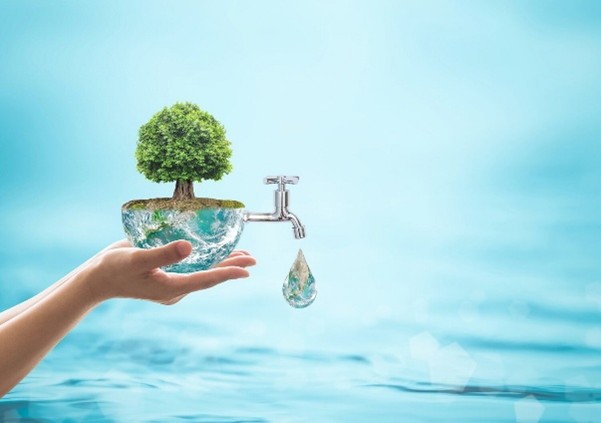

Waste Management
- 100% waste separation is done.
- The use of single-use plastic has been reduced.
- We separate recyclable waste and contribute to nature.
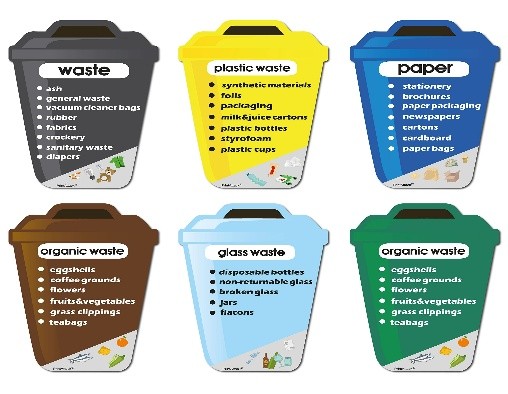
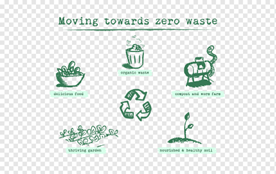
Local and Fair Procurement
- Most of our food products are supplied by local producers.
- We take care to offer seasonal and organic products.
- We carry out controlled production to reduce food waste.
- We carry out joint social responsibility projects with the local community.
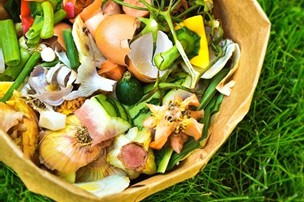
We are Reducing Our Carbon Footprint
- We use renewable energy sources (Solar energy etc.)
- We encourage our employees and guests to use public transport and bicycles.
- We measure carbon footprints and prepare compensation plans.

We Support The Society
- We feature local people’s handmade products in our hotel.
- We support women’s employment and equality.
- We organize events that promote local culture and traditions.

We Value Education
We provide sustainability, equality and cultural sensitivity training to all our staff at least twice a year.
We prepare environmental awareness posters for guests and staff and present them for their information.
We publish our sustainability reports transparently on our website.
- The sustainability performance of our facility is audited by independent institutions and reported publicly.
- Our strategies are updated by receiving feedback from guests, employees and local people.
We are The Protectors of Cultural and Natural Heritage
- We support local cultural heritage tours.
- We prefer landscapes and flora that do not harm biodiversity .
- We provide financial contributions to archaeological and natural sites.
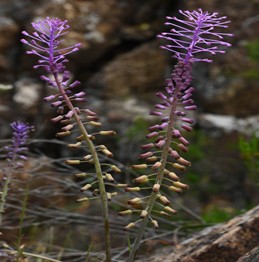
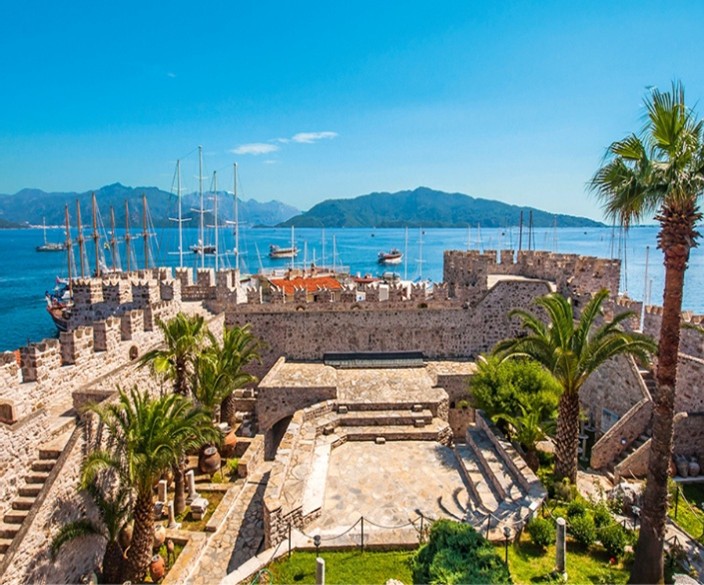
YOU CAN SUPPOR TOO!
Water and Energy Savings
- , prefer to reuse towels and sheets instead of changing them every day .
- To avoid unnecessary water use, shorten shower times and keep taps turned off.
- Pay attention to electricity and air conditioning usage in your accommodation, turn off lights and electronic devices when you leave the room.
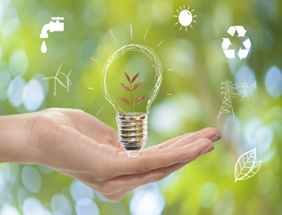
Waste Management and Recycling
- Use recycling bins to separate plastic and other waste.
- Use refillable water bottles instead of single-use plastic bottles.
- To avoid harming the environment, be careful not to leave garbage in nature.
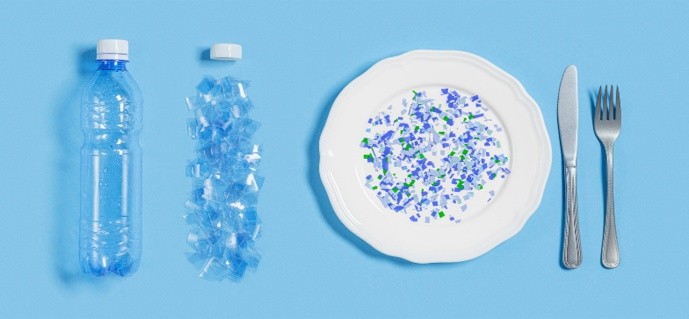
Protecting Natural Areas
- Move around national parks, beaches and historical areas in Türkiye without harming the environment.
- Do not pick endemic plants or disturb wildlife.
- To protect marine and underwater life, be careful when diving or on boat tours
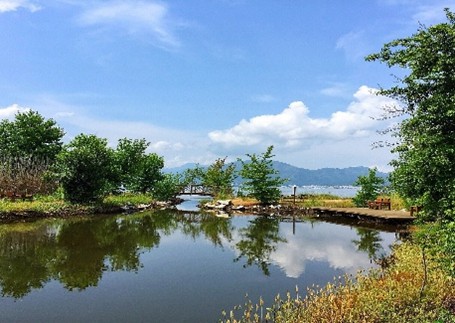
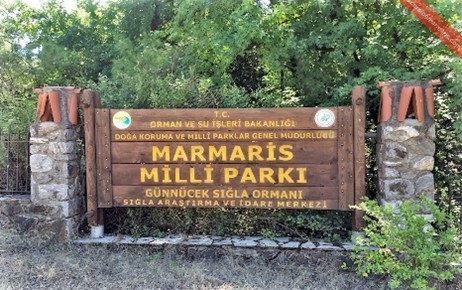
Respect for Local Culture and Traditions
- Customs and traditions may vary in different regions of Türkiye. Be respectful of the lifestyle of the local people.
- mosques, museums and holy places , comply with the dress code. In Turkey, non-Muslims are also allowed to enter mosques. They should avoid visiting a mosque during prayer time and on Friday, the holiest day in Islam. Shoes should be removed before entering a mosque and certain rules regarding clothing should be observed. For example, women should cover their heads, shoulders and legs when visiting a mosque. Men should cover their shoulders and legs and prefer trousers during their visit. Museums are closed on Mondays throughout Turkey. They are generally open from 09:00 to 17:00 . Some close for lunch between 12:00 and 13:30. Open- air ancient archaeological museums can be visited from 09:00 until sunset.
- In general, you can take photos anywhere. If someone does not want to be photographed, this should be taken into account. Photography and videography are prohibited In police and military facilities. Do not photograph people without permission and use respectful language towards local people.
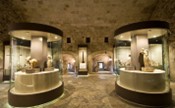
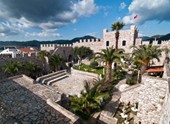
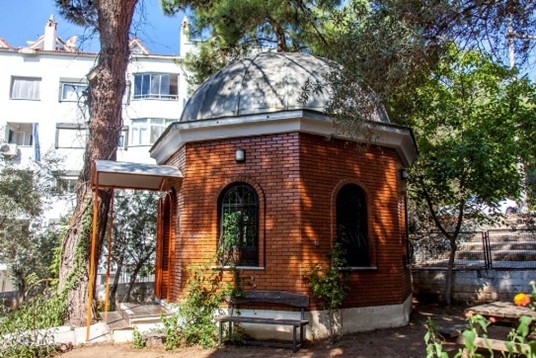
Supporting the Local Economy
- Contribute to the local economy by shopping at local tradesmen and markets instead of large chain stores.
- Choose local restaurants and traditional cuisine to discover the rich cuisine of Türkiye.
- Support sustainable crafts by purchasing souvenirs from local artists and artisans.
- Avoid tourist activities that harm animals (for example, animals kept in poor conditions) (e.g. taking photos). To prevent animal abuse, please do not go to dolphin shows or circuses. No living creature can be taken from its natural habitat and used for entertainment purposes and cannot be happy about it.
- Be careful not to create crowds in tourist areas and not to damage the natural structure. Contribute to sustainable tourism by giving fair tips to tour guides and local businesses.
- Export of all kinds of antiques is prohibited. The implementation of the ban is carefully controlled. Even small pieces of glass are severely punished. It is absolutely necessary to be careful. It is illegal to export antiques, old coins, fossils (including seashells), natural stones, etc. Failure to do so will result in imprisonment and fines . This penalty applies to all found and, in a broad sense, all cultural objects.
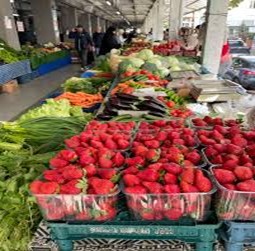

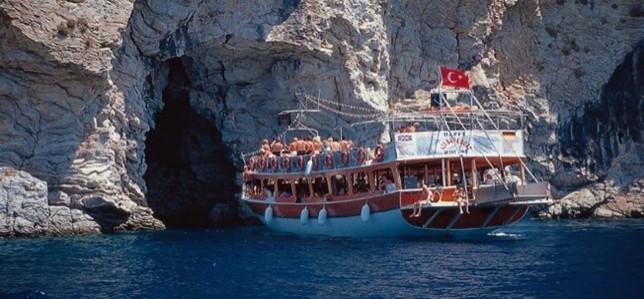
Choose Local Products and Services
- Preferring Türkiye’s handmade products (such as carpets, ceramics, copper work) support sustainable production.
- Choose eco-friendly tours in small groups instead of big touristic tours.
Prevent Waste
- Buy only as much food as you need at buffet meals and avoid waste.
- Use cloth bags or recyclable bags instead of plastic bags.
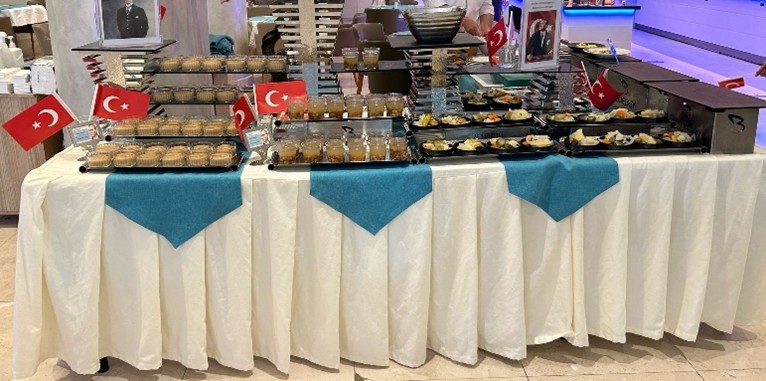
Support Sustainable Transportation
- footprint by choosing public transport, cycling or walking for urban transportation . You can get a transportation card when boarding public buses and trams. You get on public transport from the front door and get off from the back door.
- For short distances, use public transport or carpool services instead of private vehicles.
- Be respectful of the natural and cultural values of the place you travel to.
